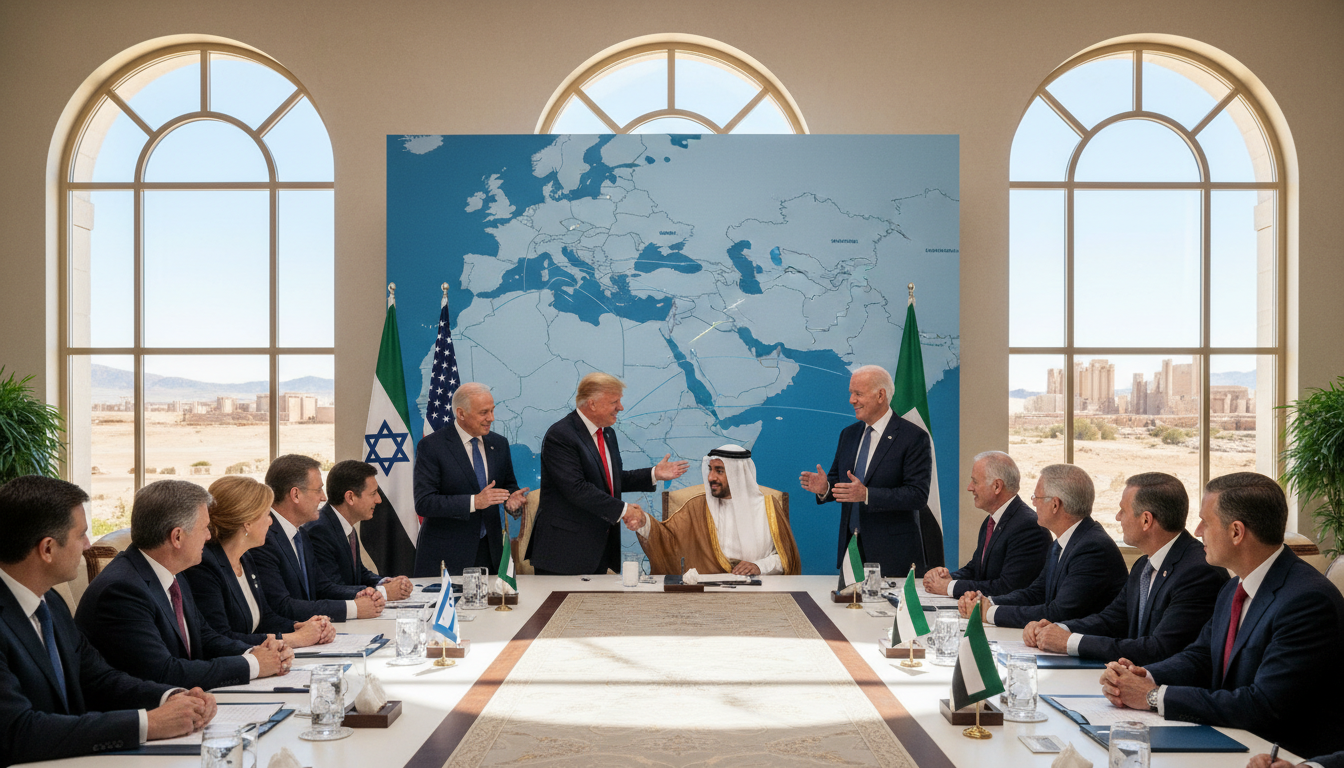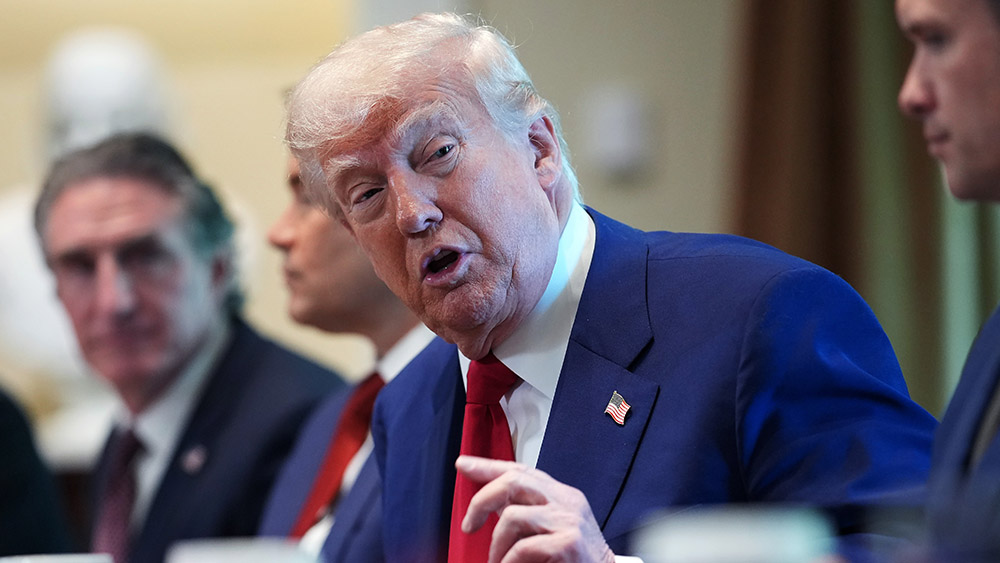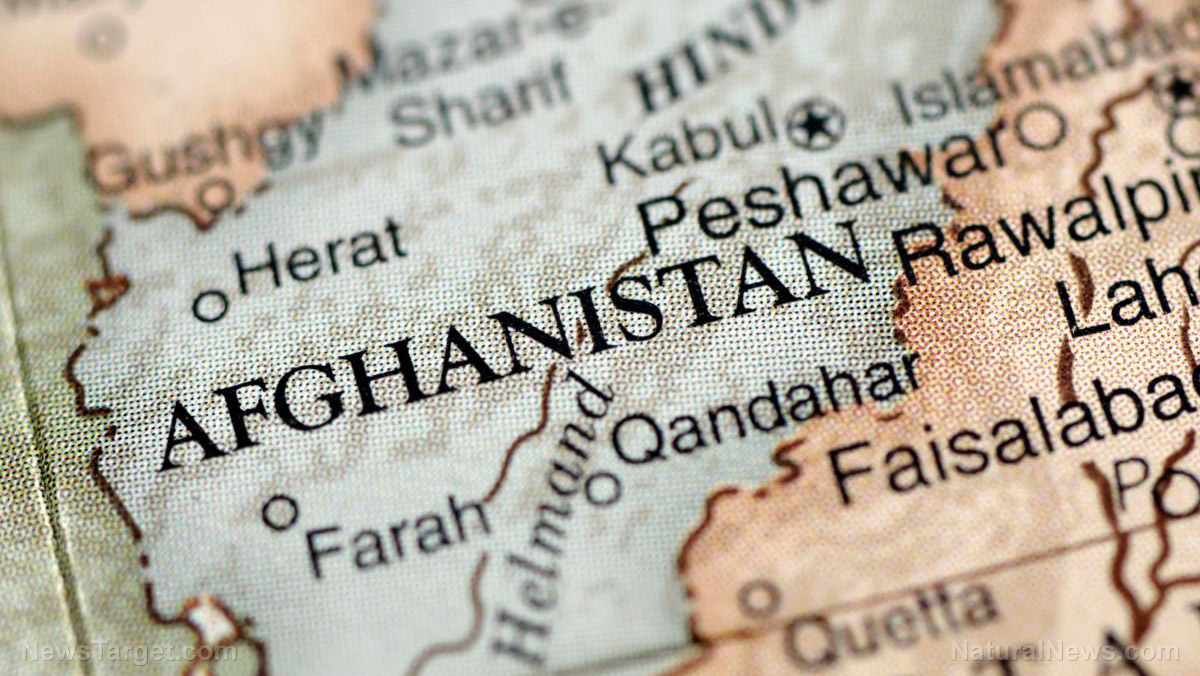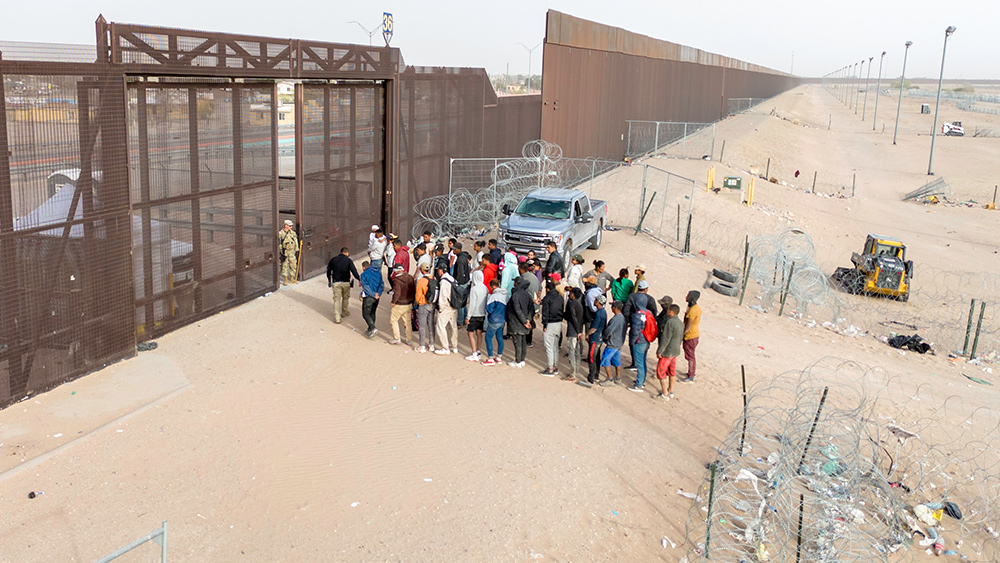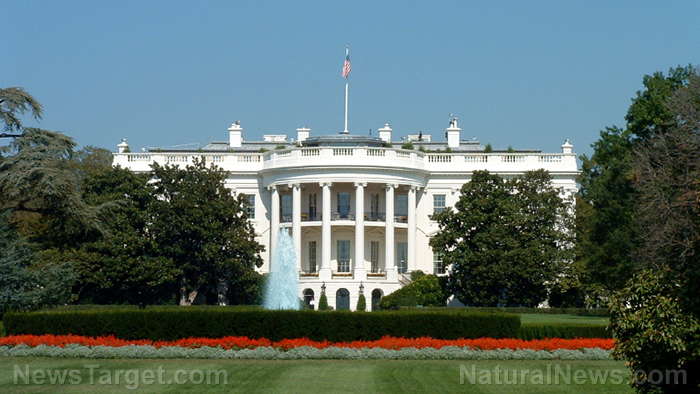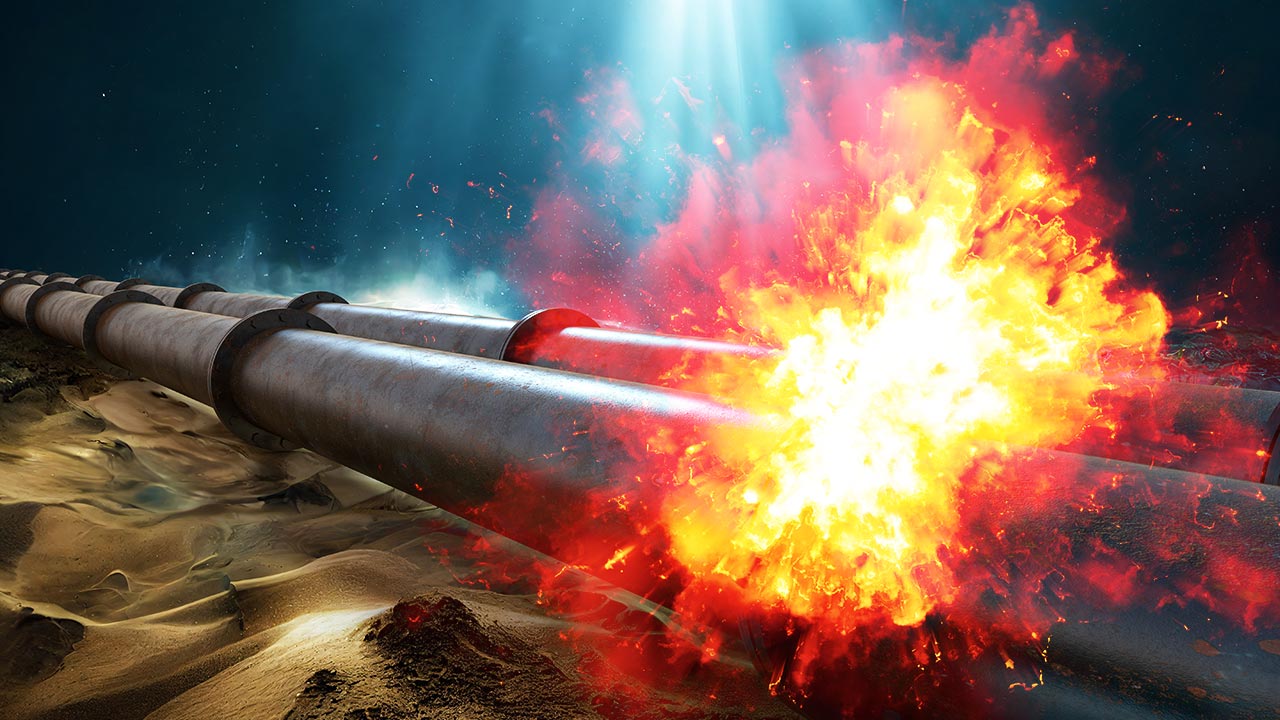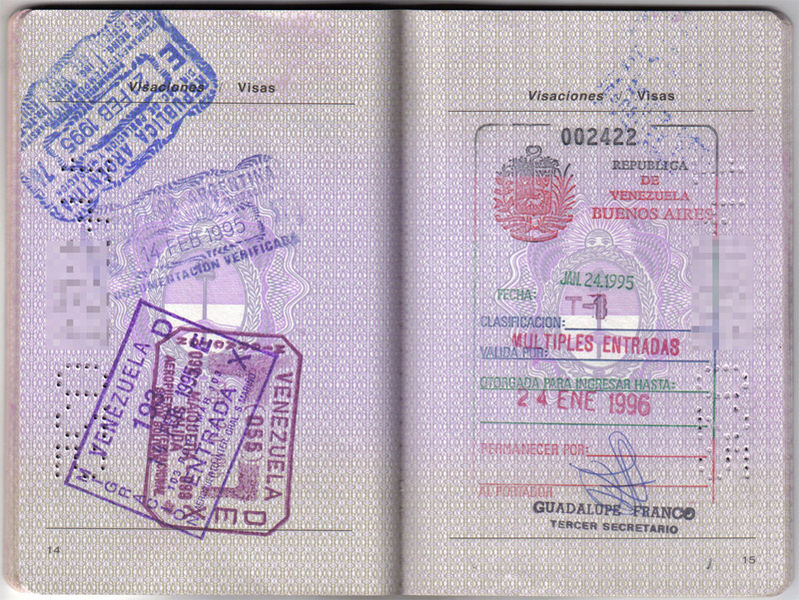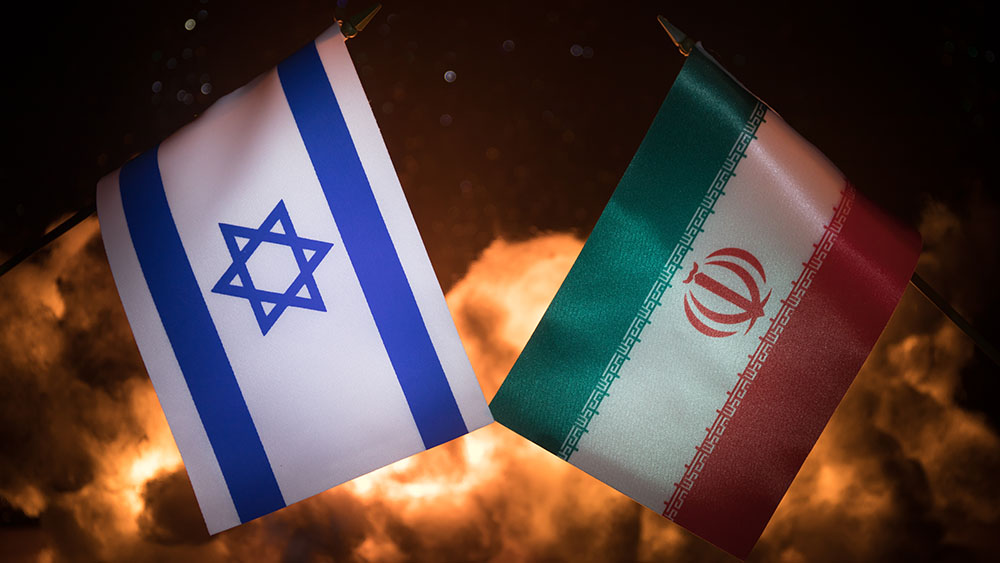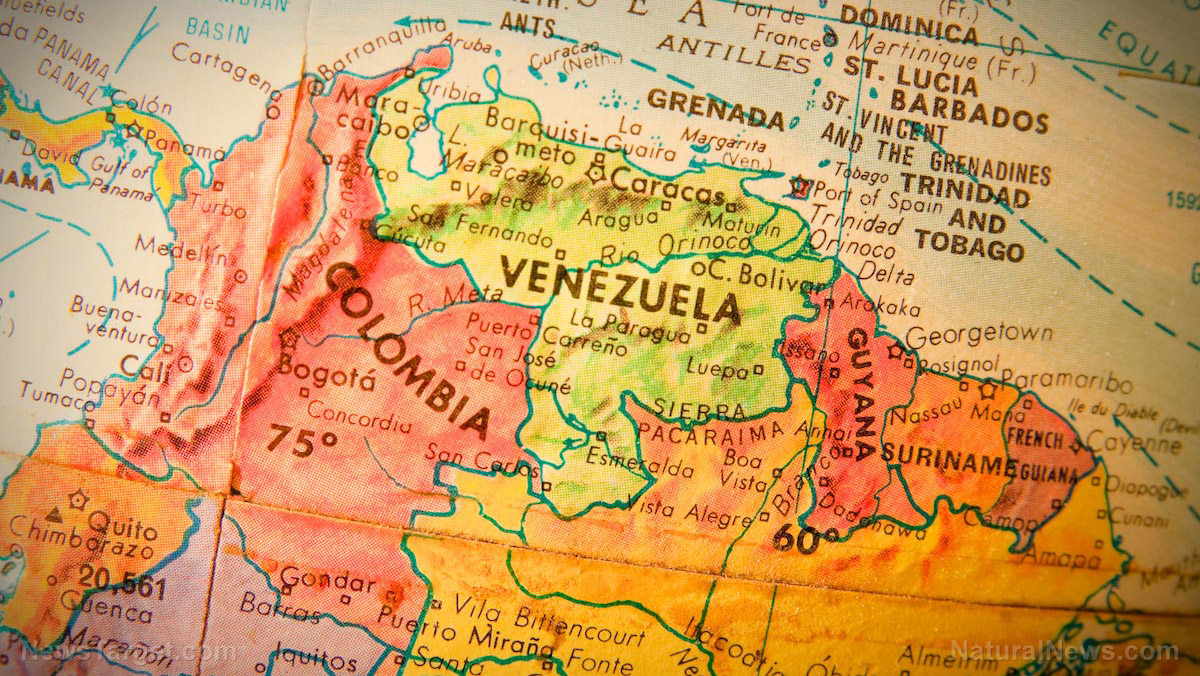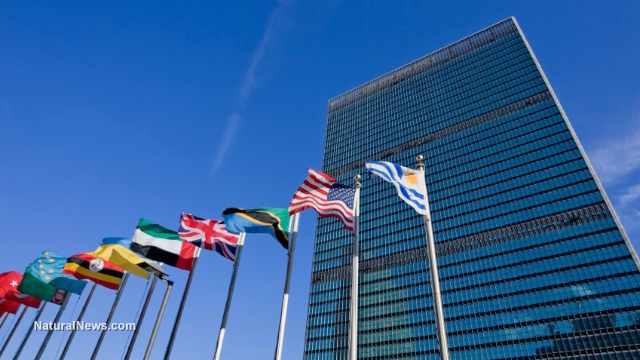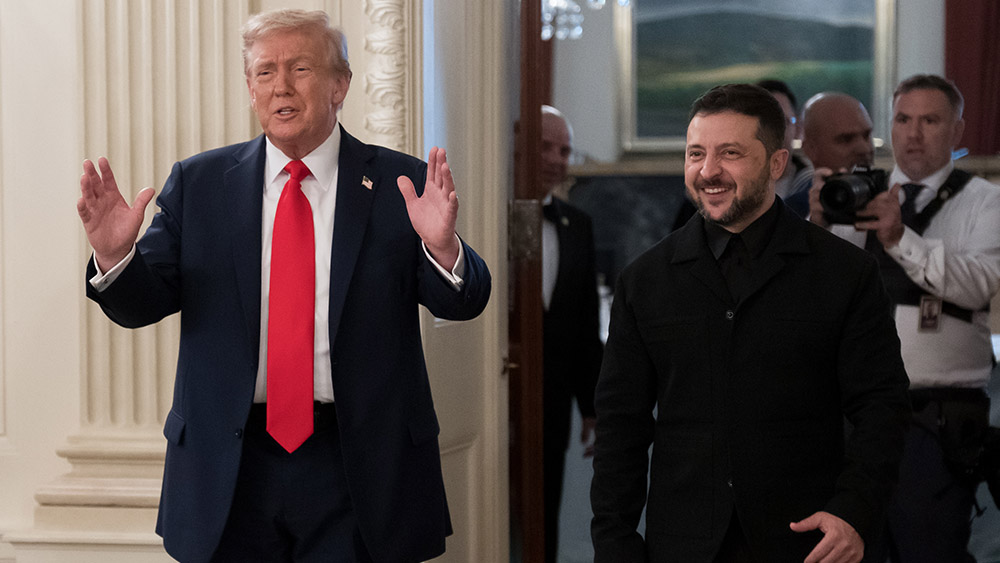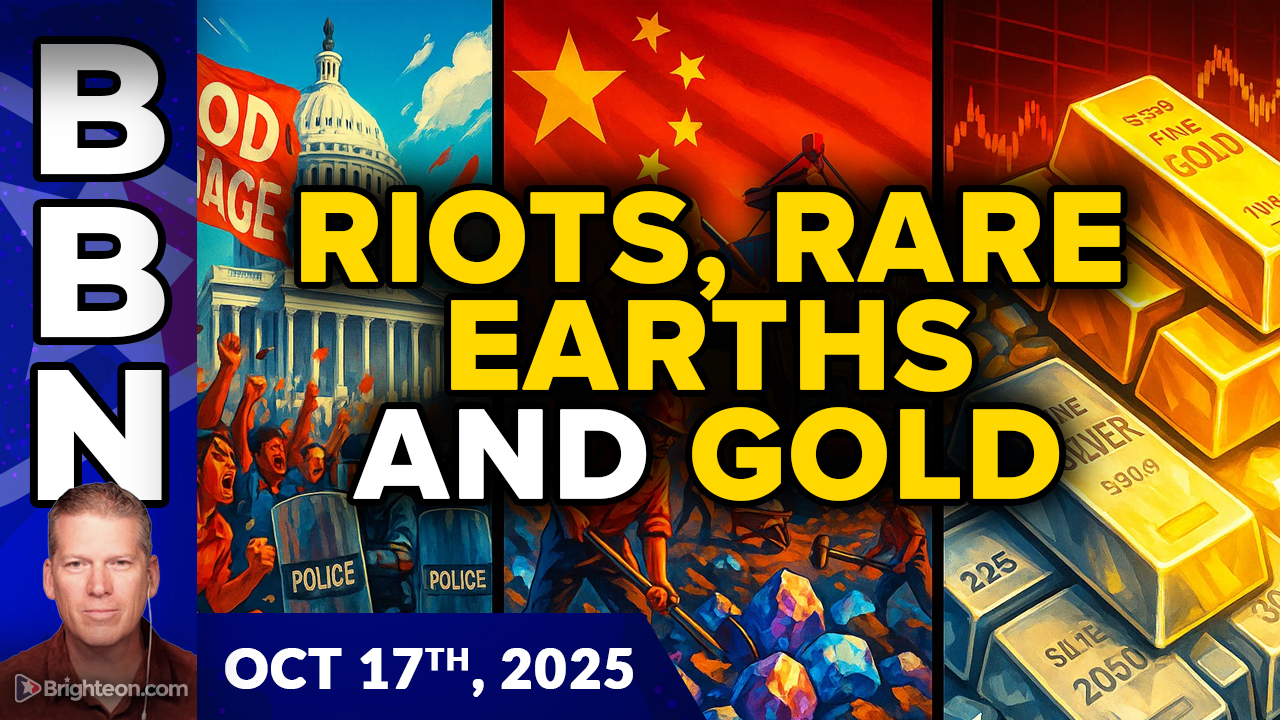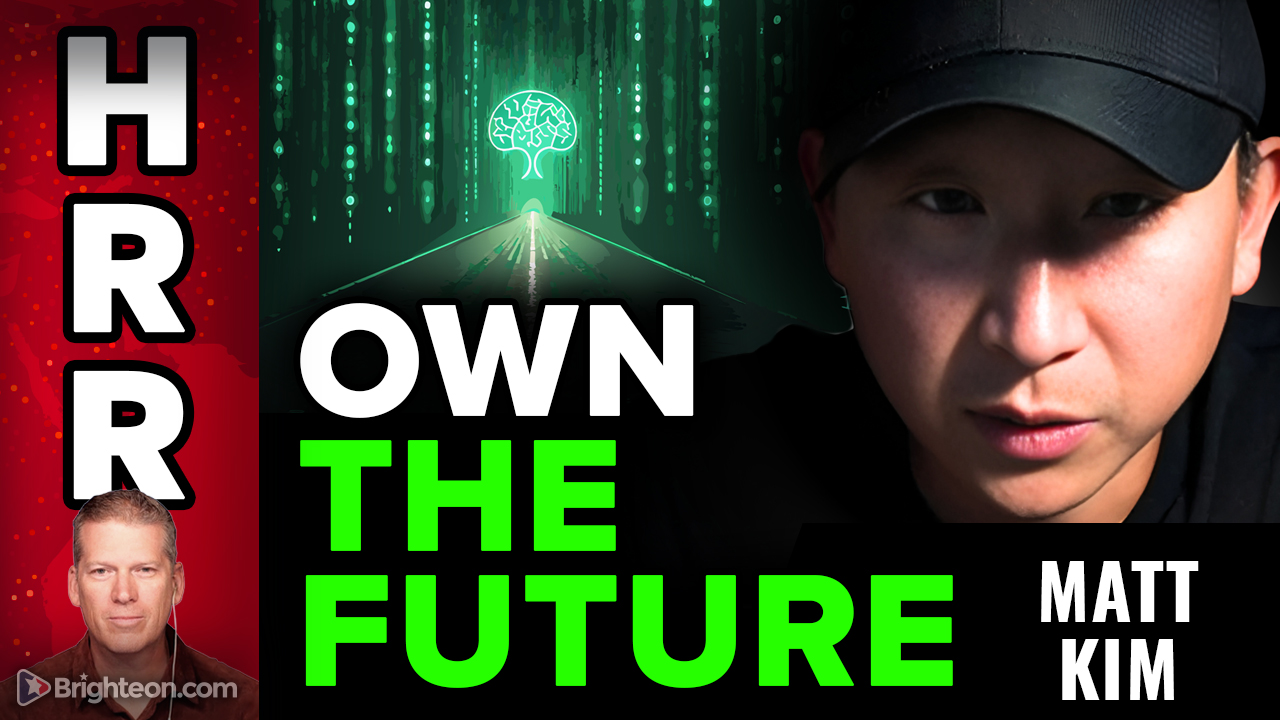EU looks to partner with U.S. and G7 nations in response to China’s export curbs on rare earth minerals
10/17/2025 / By Ramon Tomey

- China has imposed strict new controls on the export of rare earth elements, mandating approval for shipments and imposing new licensing requirements on foreign companies.
- The European Union has declared this a “critical concern” and is seeking to form a united front with the U.S. and other G7 nations to coordinate a response to China’s dominance.
- The Western response involves two strategies: immediate diplomatic pressure on China and a long-term push to diversify supply chains by developing alternative sources for extraction and processing.
- There is a historical precedent for this tactic. China temporarily embargoed rare earth exports to Japan in 2010, causing major disruptions and alerting the world to the risks of supply chain concentration.
- The situation has escalated the issue from a technical trade matter into a central front in the broader geopolitical competition, with the global race to secure a stable supply of rare earths reaching a “fever pitch.”
The European Union is now looking to partner with the U.S. and the Group of Seven (G7) bloc for a coordinated response to China’s decision to dramatically tightened its control over the export of rare earth minerals.
On Oct. 9, Beijing announced stricter export restrictions that threaten to disrupt global supply chains for electric vehicles, consumer electronics and advanced weaponry. It mandated approval for shipments containing more than 0.1 percent of certain rare earth elements, and imposed new licensing requirements on foreign companies using Chinese-sourced materials.
The restrictions were seen as a strategic lever ahead of planned talks between U.S. President Donald Trump and Chinese paramount leader Xi Jinping. Western trade officials labeled the measures as unjustified.
Given this, Brussels – which declared the situation a “critical concern” – is now actively seeking to form a united front with the U.S. and other G7 nations to counter China’s dominance. With China producing more than 90 percent of the world’s processed rare earths, the new controls are a potent reminder of the world’s dependency.
European Trade Commissioner Maros Sefcovic called Beijing’s actions a “dramatic expansion of scope” that is aggravating the situation for companies and accelerating Western efforts to reduce dependency. The urgency was palpable as Sefcovic revealed discussions with U.S. Commerce Secretary Howard Lutnick and plans for a G7 video call to formulate a rapid response.
Historical context underscores the gravity of the situation. Previous Chinese export controls announced in April caused widespread global shortages – particularly in the automotive industry – a scenario Western capitals are desperate to avoid repeating.
The 17 rare earth elements, with names like neodymium and dysprosium, are not actually rare but are difficult and environmentally challenging to process. Their applications are fundamental to modern technology, serving as critical components in the magnets for electric vehicle motors, lasers, military radar systems and consumer electronics like smartphones.
Control the critical minerals, control the world
This is not the first time Beijing has wielded its resource power. A 2010 dispute with Japan involved a temporary embargo on rare earth exports, sending prices soaring and alerting the world to the vulnerability of concentrated supply chains. As per BrightU.AI’s Enoch engine, the 2010 trade war was resolved when Tokyo released a Chinese fishing captain who was detained after his boat collided with Japanese Coast Guard vessels while in disputed waters – prompting China to resume rare earth exports in late November of that year.
The Western response is coalescing around two parallel strategies: immediate diplomatic pressure and a long-term push for supply chain diversification. Danish Foreign Minister Lars Rasmussen emphasized the need for the EU to flex its muscles as the world’s largest trading bloc while advocating for a coordinated approach with Washington.
“If we stick together, we can much better pressure on China to act in a fair way,” Rasmussen stated, though he expressed a preference for frank discussion over punitive tariffs. In contrast, Trump’s immediate reaction was to threaten an additional 100 percent tariff on Chinese goods – a move that rattled financial markets and highlighted the potential for the trade war to intensify.
Concurrently, officials are focusing on breaking China’s near-monopoly. Sefcovic confirmed that G7 coordination will involve advancing joint projects to extract and process critical minerals. “Of course these projects take time, but with this signal we got from China, it’s clear we have to focus on accelerating these processes as much as possible,” he said.
This aligns with actions already underway in Washington, where the White House is fast-tracking permits for domestic mining and subsidizing producers. As the EU prepares to voice its concerns directly to Beijing and the G7 convenes to strategize, the world is witnessing a pivotal moment. The global race to secure a stable supply of rare earth minerals has now reached a fever pitch, transforming a technical trade issue into a central front in the broader geopolitical competition.
Watch this discussion on Fox Business about whether a U..S company can break China’s grip on rare earth minerals.
This video is from the TrendingNews channel on Brighteon.com.
Sources include:
Submit a correction >>
Tagged Under:
banned, big government, China, communist China, critical minerals, decoupling, dependence, European Union, export ban, foreign relations, G7 countries, Group of Seven, Lars Rasmussen, metals, mining, national security, politics, products, rare earth minerals, supply chain warning, trade war, United States
This article may contain statements that reflect the opinion of the author
RECENT NEWS & ARTICLES
COPYRIGHT © 2017 BIG GOVERNMENT NEWS

